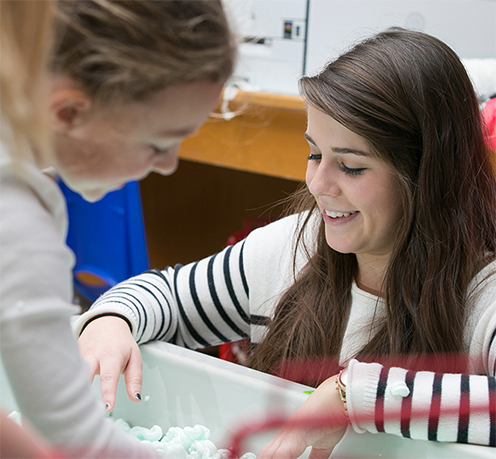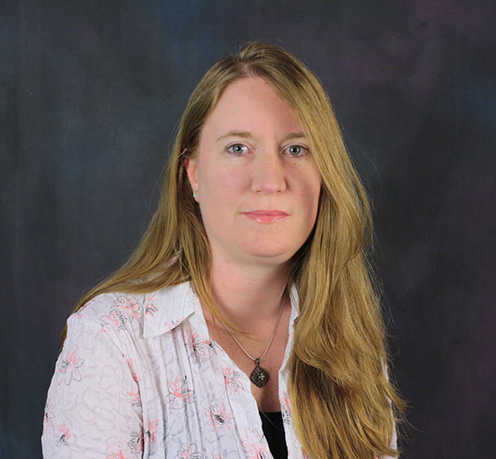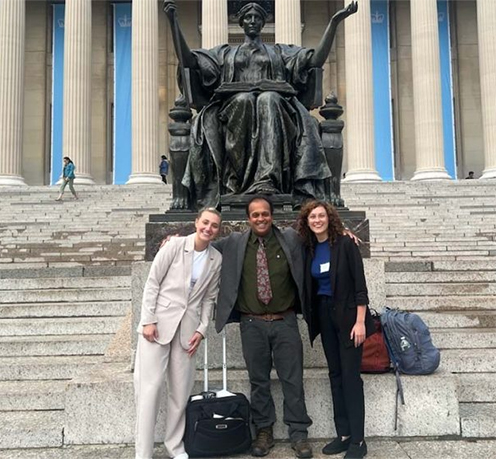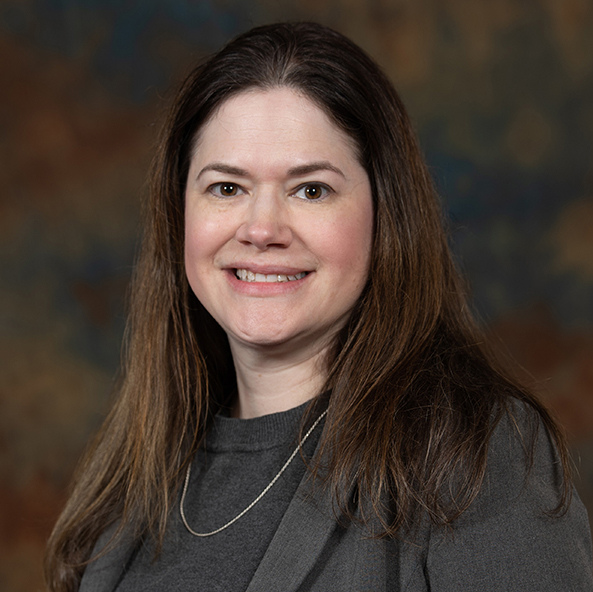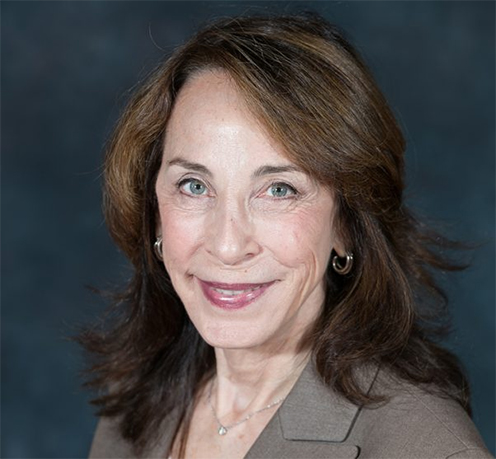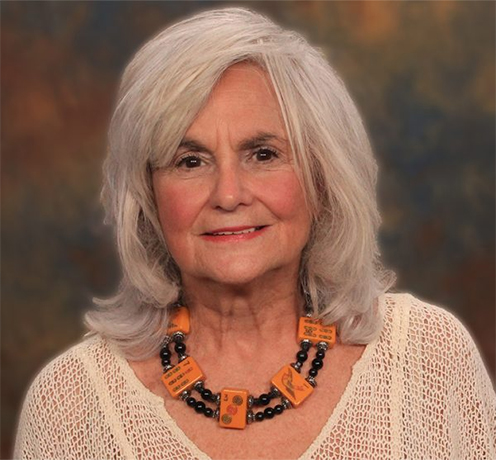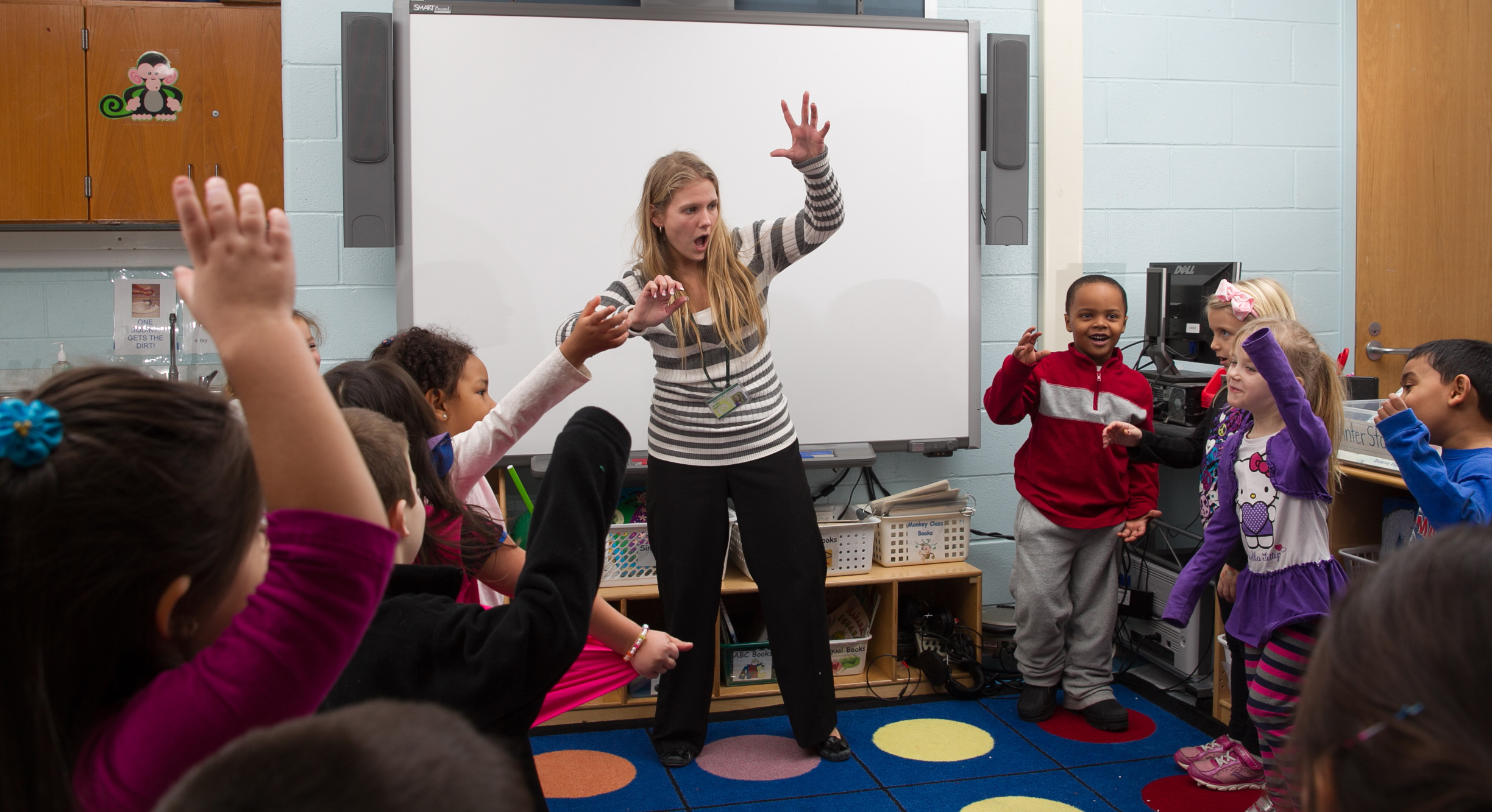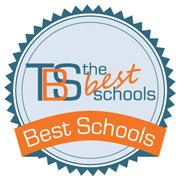
The Degree for You
Our Programs
There are a variety of undergraduate and graduate programs at the
School of Education including
teacher education, leadership,
literacy studies, and
special education.
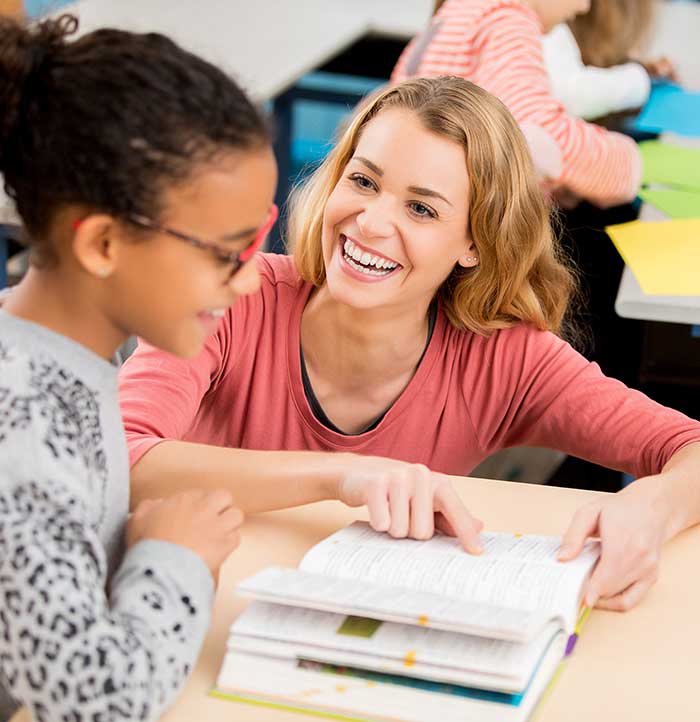

For Students
Resources
Students in the School of Education have access to a wealth of resources, including state-of-the-art facilities like the STEM Studio; support from the Office of Field Placement and the School of Education Dean's Office; valuable internship opportunities; professional workshops; and The Joan and Arnold Saltzman Community Services Center, which provides unique research and training opportunities.

Latest Updates
Serving the Community
Outreach
The School of Education offers
a variety of services for educators
including programs for local students
through the Center for Educational Access & Success, and classroom plans from the Center for STEM Research.

Explore Your
Career Potential
How much can you expect to earn?
How long will it take to find a job?



Theta Beta Chapter
Kappa Delta Pi
Kappa Delta Pi (KDP) is an international honor society in education, founded in 1911, that recognizes and celebrates scholarship and excellence in education, fostering fellowship among those dedicated to teaching and service.

School of Education Office of Professional Development



Buildings and Facilities
Virtual Tour
Can’t make it to campus? Visit our virtual tour and see what makes the School of Education so special.
What's Next
Our Alumni
Meet some of the students now working in education who got their start at Hofstra, and see what the future holds for a student with a degree from the School of Education.
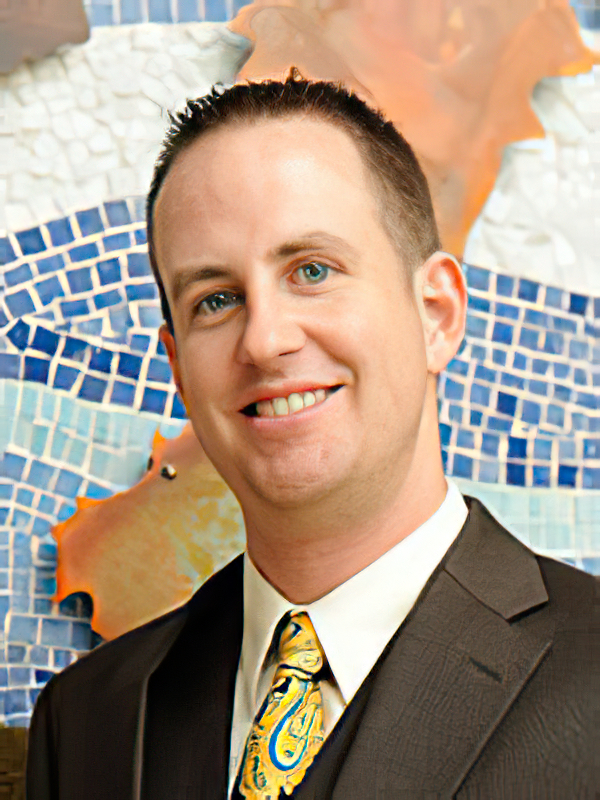
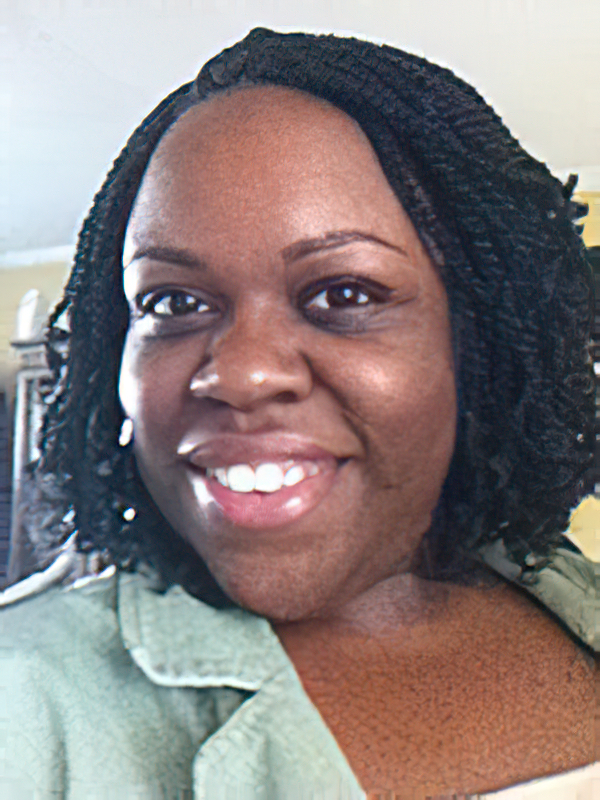
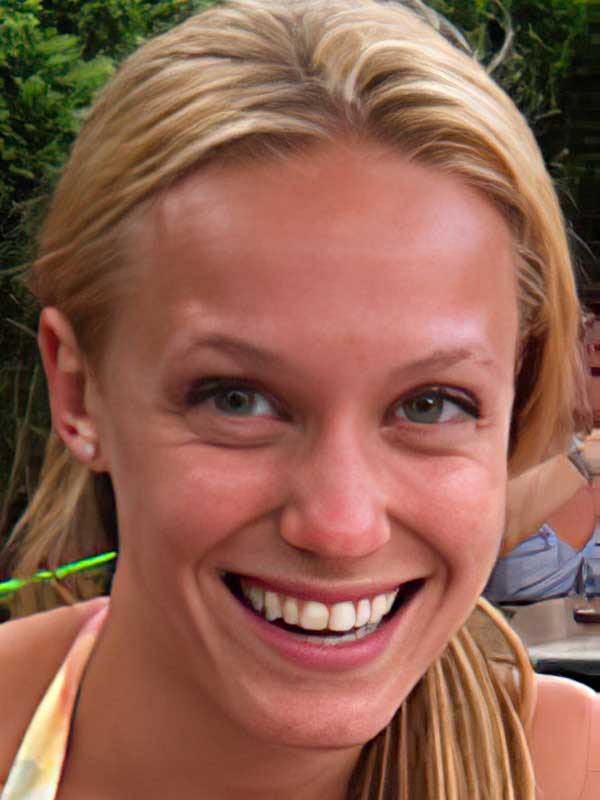
Selected School of Education Experts
Our experts are available to respond to qualified inquiries from journalists, conference organizers, and more. Expert profiles below contain detailed biographical information and media files to help you find the most relevant expert for your needs. Use the search bar to refine your search by name, expertise, or affiliation. On Deadline? If you are a journalist, please inform us of deadline requests and we will respond promptly.
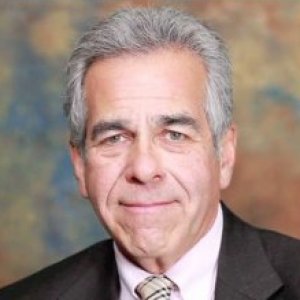
STEPHEN HERNANDEZ
Associate Professor of
Specialized Programs in Education
Stephen Hernandez is a specialist in teacher certification, special education and early childhood special education.
• Collaboration
• Special Education
• Teacher Certification
• Early Childhood Special Education
BIO and CONTACT INFO
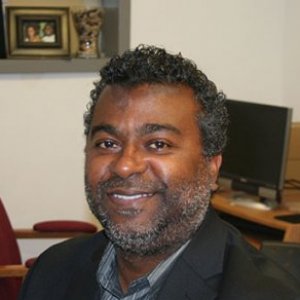
ROBERTO JOSEPH
Associate Professor of
Teaching, Learning and Technology
Roberto Joseph is a specialist in
technology in the classroom.
• Educational Technology
• Gaming and App Development
as a K-12 Teaching Tool
• Culture, Learning and Technology
BIO and CONTACT INFO
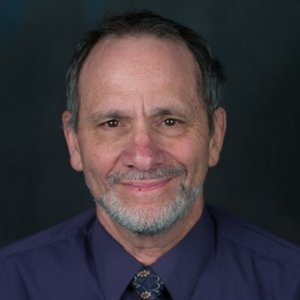
ALAN J. SINGER
Professor of
Teaching, Learning and Technology
Alan Singer specializes in social studies education and United States history.
• Social Studies Education
• United States History
• History of Slavery
• Teaching race, ethnicity, and class
BIO and CONTACT INFO
About the School
The faculty of the Hofstra University School of Education are dedicated to the preparation of reflective and knowledgeable professionals who use scholarship to inform their practice. Collectively, we strive toward a more just, open, and democratic society as we collaborate with and learn from children, adolescents, and adults in diverse social and cultural settings.
